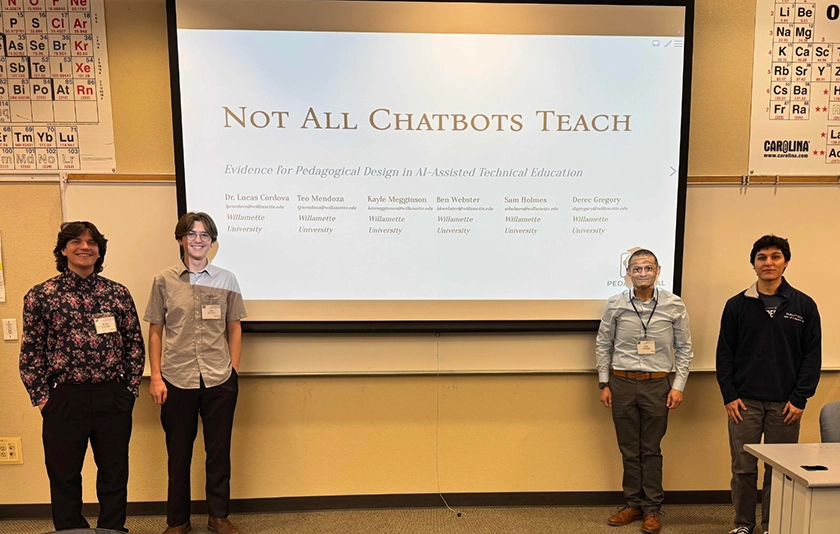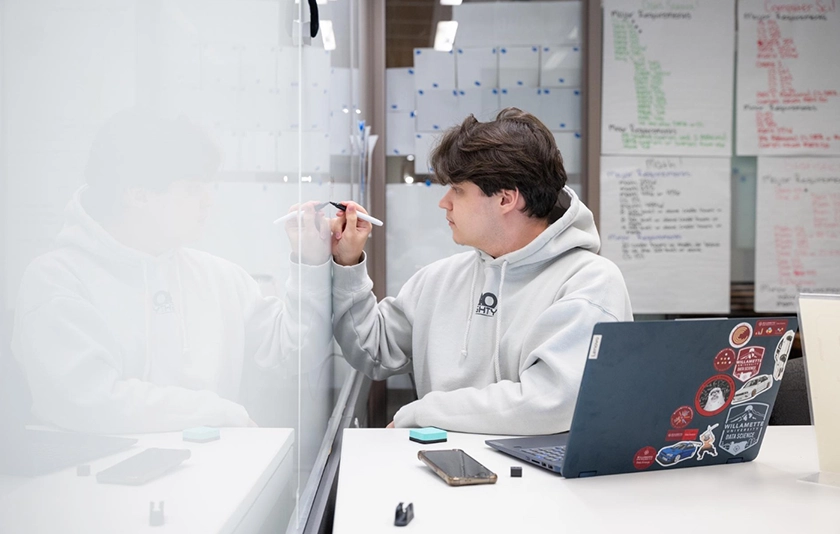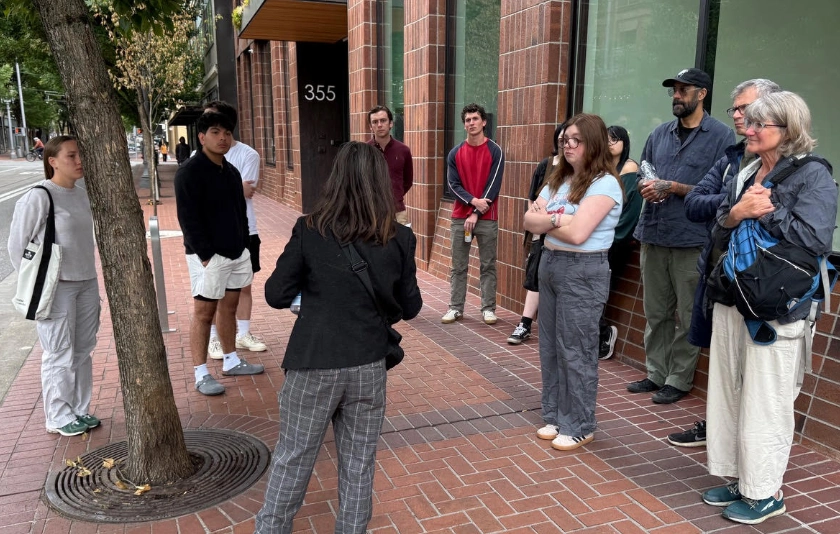Willamette’s recently-announced School of Computing and Information Sciences will expand existing opportunities for students of all disciplines to acquire the technological skills and tools needed to build a better world. Two incoming faculty members helping with this charge are Lucas Cordova and Hank Ibser, who will bring their talents and insights to the School of Computing and Information Sciences in the fall.
Working at the intersection of computer science and biology
Lucas Cordova is not only a software engineering expert, but he also brings another set of skills to Willamette: saving local wildlife. As an Associate Professor at Western Oregon University, he spearheaded the Oregon Turtle Project, which brings together computer science and biology.
Cordova’s work is helping scientists consider how best to nurture local ecosystems and protect species under threat and provides an opportunity for students to develop professional-level skills.
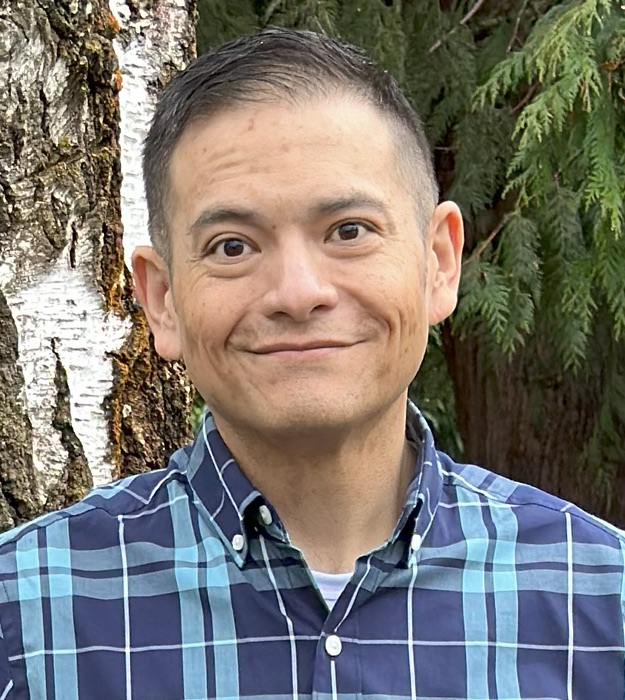 “The students aren’t just building the software,” he said. “This project has enabled me to train dozens of computing students as developers and data scientists in a real-world setting.”
“The students aren’t just building the software,” he said. “This project has enabled me to train dozens of computing students as developers and data scientists in a real-world setting.”
Cordova is excited to bring that interdisciplinary lens and his enthusiasm for data science to the classroom.
“When teaching introductory courses, I am aware that most of my students may not yet share my passion for computing, so I strive to create an inviting environment where computing is demystified, and barriers are removed,” he said.
Using data to explore new frontiers in healthcare
A professor at the University of California, Berkeley for over two decades, Hank Ibser has used his data science talents to bring more light — literally — into people’s lives. He is excited to use real-world projects to make data science concepts come to life for students.
Ibser finds data science compelling because it allows people to use mathematical skills to solve some of the world's most pressing issues. His goal is for students to walk away from his classes with the ability to use their data toolkit in a wide variety of fields.
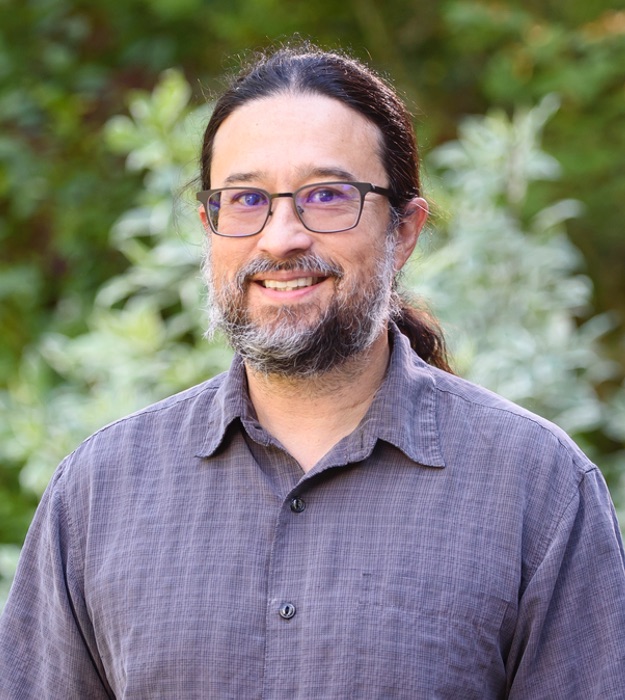 One of his ongoing grant-funded research projects involves analyzing data measuring people’s responses to different levels of light. Ibser’s work has significant real-world applications, including understanding how Alzheimer’s patients and other people living in assisted living facilities respond to light, especially at night.
One of his ongoing grant-funded research projects involves analyzing data measuring people’s responses to different levels of light. Ibser’s work has significant real-world applications, including understanding how Alzheimer’s patients and other people living in assisted living facilities respond to light, especially at night.
“We know a lot about the effect food has on us, but we don't know nearly as much about the effect of light,” he shared.
Ibser is in the process of building an app to assess this information and to determine ideal light levels for users. Ibser has also used his statistical expertise to consult on topics ranging from criminal justice and health care to geothermal regulation.
What defines Ibser’s teaching approach is his intellectual curiosity. “The great thing about being a statistician is that you get to play in everyone else’s backyard,” he said. Ibser said he will provide examples of concepts drawn from his current research to give students a rich experience in the classroom.
“The main thing that drew me to Willamette is that the computing and information science program is really forward-thinking,” Ibser said. “The School is dedicated to giving students the tools to analyze data and solve real-world problems. That’s initially what got me into statistics as a discipline back in the day.”
New opportunities for students to come
With their passions for fostering creativity and life-long learning, Cordova and Ibser are primed to make a significant impact on Willamette students.
Cordova says, “I am thrilled to be joining a faculty known for their commitment to innovation, and the campus’s natural beauty and vibrant community will make for an extraordinary experience.”

